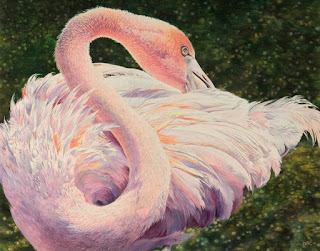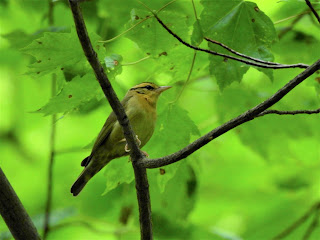Photo: (c) Jamie K. Reaser
What if I stopped agreeing
to this domestication? To
the
taming that some young
part
of me and, or, some
ancestor
acquiesced to for some
good
reason? Survival, perhaps.
What if I stopped mowing
the grass and let the
flowers
arise? I wonder if some
day
I could remember the songs
they sing to the bees—
the ones I knew as a child
by heart, the ones adults
told me weren’t there.
What if I stopped raking
the leaves, let them
lay? Would the box turtle
hide there, and the newt?
And, perhaps, just maybe,
the scurrying white-footed
mouse that I adore would
rush to nestle in the pile
and become something
of the screech owl that I
adore. Who am I to judge
what form love takes?
What if I told you about
These wild things that
inhabit
untamable landscapes –
the ones around us,
the ones within us. If I
just
let my voice go…
What if I asked you what
your body remembers of
being animal? How does
it want to move through
uncut grass? How does
it want to move through
a pile of leaves? What
does
it want to take up in its
talons?
What if I released you
from your cage and you,
leaping forth into the
vastness,
rushing with great force
toward the horizon,
suddenly wheeled around,
slowed
to a contemplative stride,
and,
breaking all the rules,
set me free?
~ Jamie K.
Reaser, Author
Feel free to share











